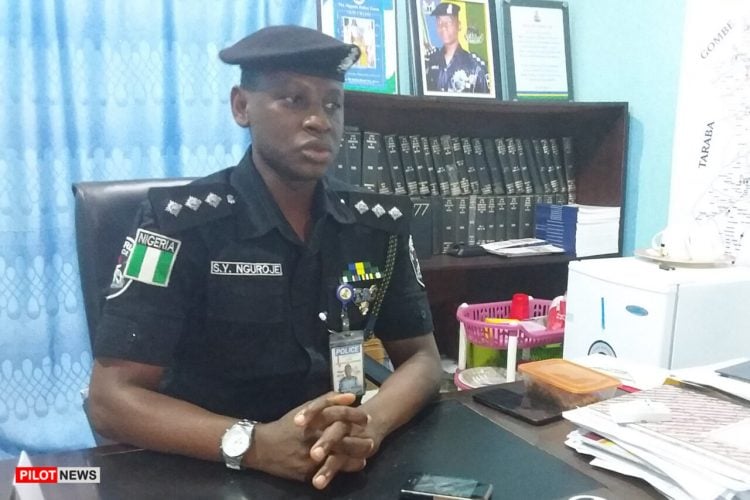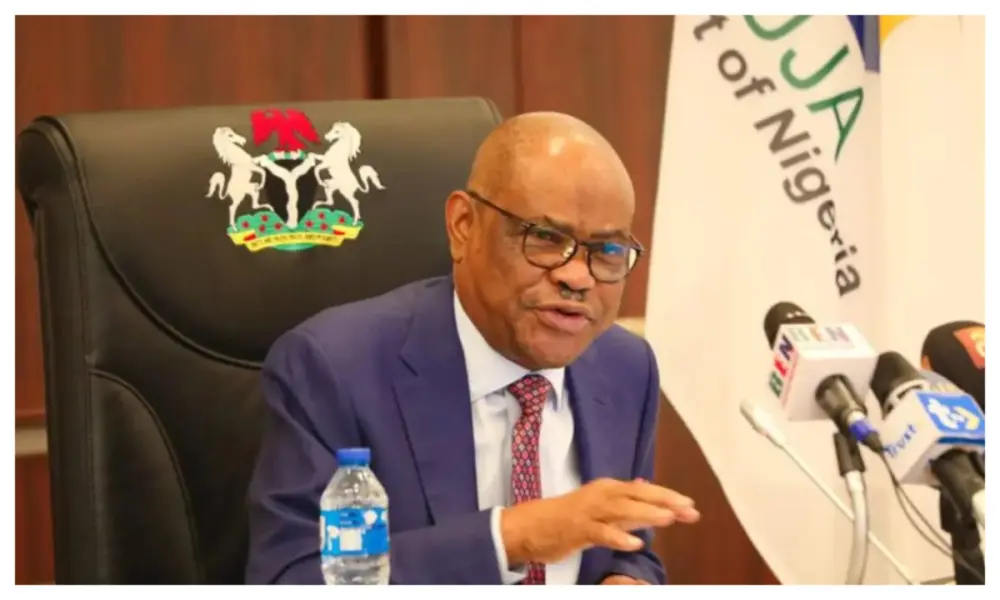The six states in Nigeria’s Southwest region shared a total of N299.2 billion from the Federation Account Allocation Committee (FAAC) between January and March 2025, representing a sharp increase compared to the same period in 2024.
Data obtained from the National Bureau of Statistics (NBS) revealed that all six states—Lagos, Ogun, Oyo, Ondo, Osun, and Ekiti—received higher allocations in Q1 2025, in line with the national upward trend in disbursements.
It was reported gathered that nationwide, the 36 states shared N1.78 trillion in Q1 2025, up from N1.27 trillion in Q1 2024—a 40% increase year-on-year.
The breakdown of the allocation revealed that between January and March, Lagos led as it got N76.4 billion for three months in 2024 and got N123.7 billion for three months in 2025, 61.80% increase .
Oyo got N32.3 billion for three months in 2024 and N45.6 billion for three months in 2025 with 43.95% increase while Osun received N22.4billion for three months in 2024 and N31.6 billion for three months in 2025 with 40.92% increase.
Also, Ondo got N 32.2billion for three months in 2024 and N42.8 billion for three months in 2025 with an increase of 32.74%.
Others are Ogun which got N20.2 billion for three months in 2024 and N27.3 for three months in 2025 with 35.13% increase while
Ekiti shared N20.7 billion for three months in 2024 and N28.2 billion for three months in 2025 with 36.23% increase.
Despite the increase in funding, many residents say the impact is barely felt in their communities.
“Revenue Everywhere, Projects Nowhere” — Citizens React
Omere, a marine engineer based in Lagos, expressed frustration over what he called a “disconnect between funds and development.”
“There’s money everywhere on paper, but on the ground, we still face bad roads, poor hospitals, and overcrowded schools,” he said this on X handle.
In Abeokuta, a school proprietor, Charles Duke, argued that the growing allocations are being drained by rising overheads.
“Most of this increase has gone into paying minimum wage and the inflated cost of capital projects. There’s very little left for real impact,” he said.
Some Nigerians have raised the alarm over the management of the funds.
Public finance analysts have called for improved transparency and citizen-led monitoring of state budgets.
“States have no excuse now,” said economist Tayo Lawal. “With such massive allocations, people expect to see results—schools rehabilitated, health centres functioning, roads fixed. Otherwise, it’s just another missed opportunity.”
Despite nearly N300 billion in three months, critics say much of the Southwest still grapples with the same old problems—dilapidated classrooms, poor healthcare access, and underdeveloped rural roads
As FAAC disbursements continue to rise, citizens are demanding more transparency, less wastage, and urgent investment in infrastructure that touches lives.
“We need to start seeing figures that reflect in our daily lives, not just in news headlines,” said a resident of Akure.



